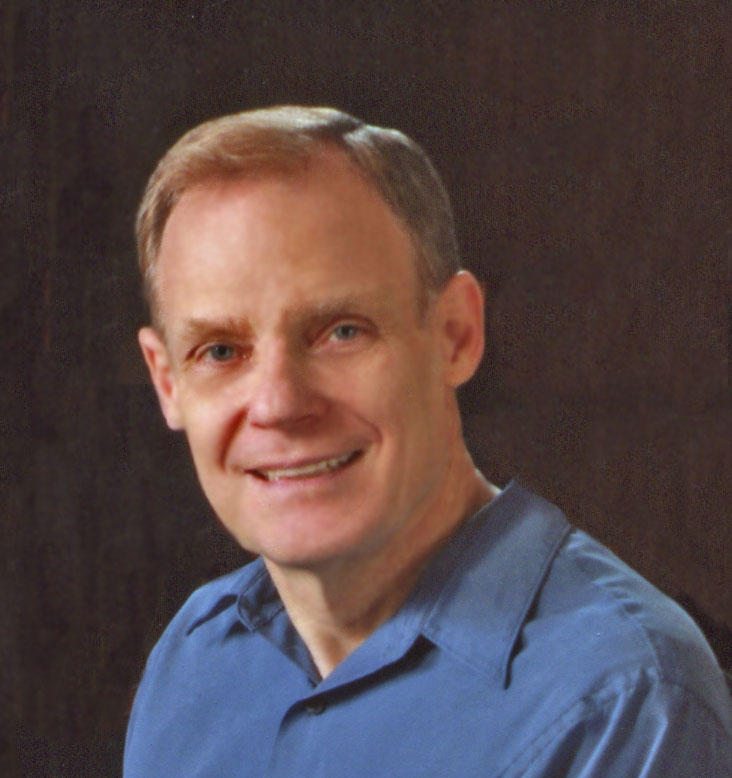
Wes Bradford is a family physician in Torrance and a member of the Family Medicine Department Faculty at Harbor-UCLA Medical Center. He spoke of the rapidly-changing COVID-19 pandemic and how it affects us.
The Pandemic started when an unusual cluster of respiratory infections was seen in China at the end of 2019. After several weeks, a high death rate was noted, and by March 2020, the WHO declared a worldwide pandemic. One year later there are 120 million cases with 2.7 million deaths, and more-contagious variants are starting to be seen. (The first US cases came from Italy!)
Health risk factors include chronic lung or heart disease, diabetes, poor nutrition and high stress. Testing for viral antigens (presence of infection) and for antibodies (immunity to infection) are helpful for assessment but are not fool-proof. Some patients, even with mild initial illness, become “Long-Haulers” (prolonged illness beyond 1 month), with ongoing symptoms such as fatigue, digestive problems, brain fog, depression, anxiety, insomnia, and/or impaired lung function. New symptoms can develop later, from mild to incapacitating. It is not known yet how long these conditions may last or how many cases will become permanent.
Many new types of vaccine are under development, with differing advantages and disadvantages for each. At least 70% of the population must be immune to blunt the pandemic (“herd immunity”). If this were to occur without vaccination, the US could expect ~5 million deaths and ~30+ million chronically ill. Hospitals would be overwhelmed and couldn’t manage other acute cases. The risks of vaccination are not zero (the subject of much political debate), but are much lower than this.
This virus has peculiarities, including spread to multiple organs (lungs, heart, kidneys, digestive system, and brain, with blood clots circulating everywhere). It also damages the immune system’s ability to build long-term immunity (some recovered people have gotten the same infection again!). In severely ill patients, the infection looks more like an autoimmune disease out of control.